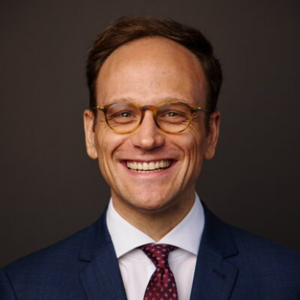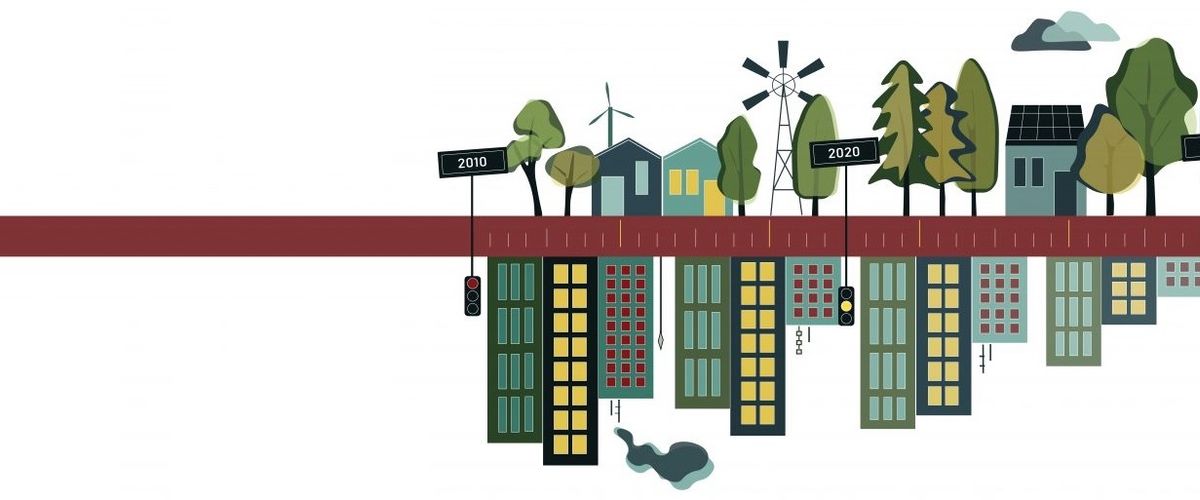Boston University Impact Measurement & Allocation Program (IMAP)’s 2022 Fall Workshop on Corporate Carbon Targets
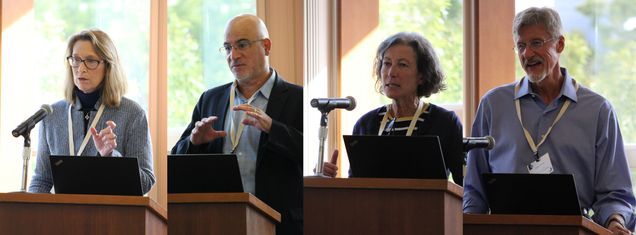
Panelists speak during the IMAP Workshop on October 7, 2022
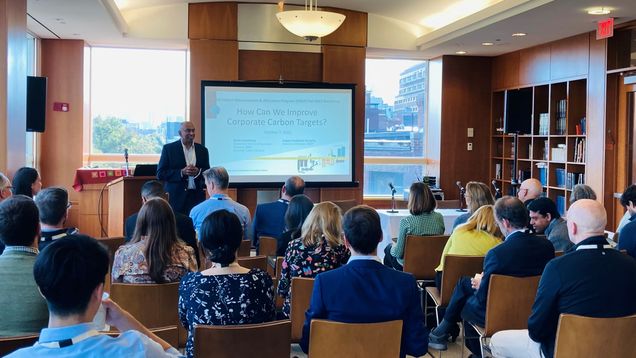
IMAP Director, Professor Nalin Kulatilaka welcomes attendees to the IMAP Workshop on October 7, 2022
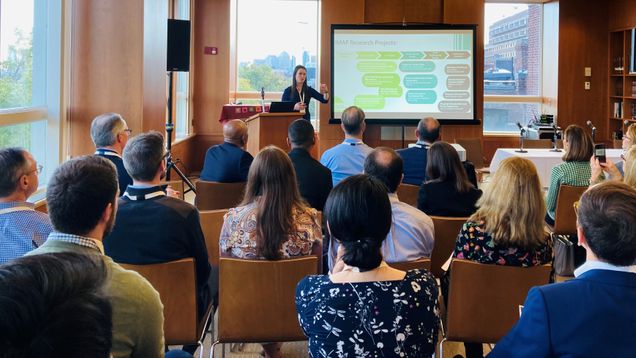
IMAP Executive Director Susan Murphy provides an overview of the IMAP research projects during the IMAP Workshop on October 7, 2022

Participants engage with one another during round table discussions during the IMAP Workshop on October 7, 2022

IMAP Executive Director Susan Murphy provides an overview of the IMAP research projects during the IMAP Workshop on October 7, 2022
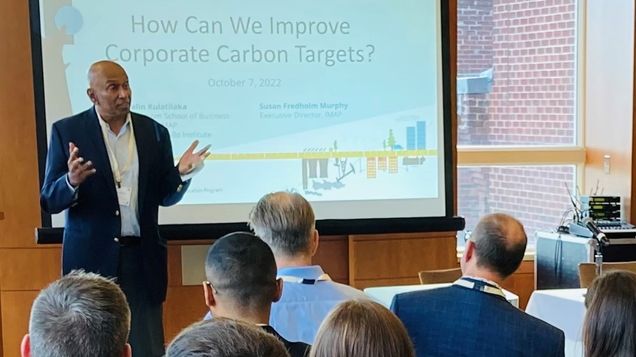
IMAP Director, Professor Nalin Kulatilaka welcomes attendees to the IMAP Workshop on October 7, 2022

Participants engage with one another during round table discussions during the IMAP Workshop on October 7, 2022
For information about our 2023 Fall Workshop, see here.
2022 Workshop Summary
Our first in-person workshop was a great success!
On October 7, 2022, researchers, academics, investors, and corporate leaders gathered on Boston University’s campus for the IMAP Fall 2022 Workshop to discuss how we can make corporate carbon targets more effective.
Conversation echoed around the conference hall as 50 attendees discussed the current state of corporate carbon targets and debated potential solutions. There was broad consensus that current corporate targets are insufficient to reduce global emissions on the scale required. While no single solution emerged, attendees shared diverse perspectives on the problem, engaging with individuals outside of their usual networks. Better measures of emissions, and more meaningful allocation of these emissions to those responsible, were however unchallenged as useful tools in need of further development by the IMAP and other organizations.
Our Panelists' Thoughts
The event was kicked off with thoughts from each of the four panelists at the event.
Patricia Hudson, Senior Finance Advisor for the GFANZ (Glasgow Financial Alliance for Net Zero) Secretariat and the UN High Level Climate Champions, explained some of the global initiatives underway within the finance industry to support a global transition to net zero emissions by 2050 and the role of GFANZ in convening bankers, investors, insurers and others to develop best practices around transition finance. As part of GFANZ, she is helping to build a large coalition of financial institutions committed to working with governments, companies and civil society to achieve the Paris goals. She noted that an effective system includes both top-down and bottom-up operationalized changes, and that voluntary solutions alone will be insufficient.
Dan Bakal, Senior Program Director of Climate & Energy at Ceres, then shared a thought-provoking example of an electric power company’s recently revised carbon-reduction strategy. This company is now much more transparent than their peers in sharing its approach to reducing emissions, but has notably set a target less ambitious than that demanded by all global initiatives. Whereas most companies do not explain how they will achieve their Paris-aligned targets, should we celebrate those who can show a reliable path towards reduction, even when it’s not enough to address their share of the global problem, and how can we spur them to increase ambition?
Riva Krut, IMAP Senior Research Fellow and Former VP and Chief Sustainability Officer at Linde PLC then shared an inspiring story of how investor demands for accountability can drive rapid change in corporate operational reporting. Her story however also warned of the risks of jumping to conclusions based on high-level carbon numbers without understanding the details of emission allocations. Today’s reporting standards allow room for interpretation that can differ from firm to firm; thus implying equivalency in numbers that are really apples vs oranges.
Finally, John Streur, President and CEO at Calvert Research and Management, shared his thoughts on driving corporate change as a large asset manager. He noted the current need to collect and compare environmental data from many sources as they are often inconsistent today. He reminded us that the financial disclosures we take for granted from public companies today, didn’t exist before the market crash in 1929, and received much opposition when first introduced. And he went on to highlight the importance of events like today that bring together industry with higher education. “This is where the real change happens.” he said to the students and faculty in the room.
This panel generated more questions than our morning could accommodate but was quickly followed by splitting the audience into small breakout groups, giving everyone in attendance the opportunity to speak and share their perspectives on the topic. The following key themes emerged.
Key Themes that Emerged
Lack of Accountability
One of the key complaints regarding current carbon-targets around the room was the lack of accountability for missing carbon-reduction or net-zero goals. “We are not getting there with voluntary measures,” said Hudson, and highlighted the need for governments to create the enabling conditions for the transition. Other attendees agreed that the lack of responsibility taken when carbon targets aren’t met normalizes failure. Furthermore, Eric Pedersen, Head of Responsible Investments for Nordea Asset Management in Copenhagen, noted that it’s important to scale the level of attention given to individual firms target achievement or misses, to the scale of the problem. Many agreed that we collectively often have provided too much celebration to companies achieving small targets, and we don’t significantly penalize those who miss large commitments.
The Meaningful Targets are Distant
Part of the lack of penalty comes from the “hockey stick” curve of many future targets. Meaning, many companies are planning for slow, gradual changes over the next decade and a sharp drop-off in emissions around key dates (e.g. 2030 or 2050). By doing so, these corporations push off the difficult, complex changes beyond the tenure of current executives, and furthermore allow plenty of time for revision of those distant targets. If everyone delays major changes until circa 2030, it’ll be that much harder to avoid the 1.5 degree warming scenario.
Need for government
The discussions also appeared unanimous in noting there is an important role for governments to play in achieving carbon reductions. While this event focused on the role that investors can play in incentivizing corporations to reduce emissions, everyone recognized that the scale of reductions needed will remain hard, if not impossible, to achieve without rule changes from governments. Corporate progress should not be taken as a reason to delay government action. That said, there was a pervasive feeling that government regulation will not come soon enough. Therefore, we, as investors and consumers, should continue to push for corporate progress alongside advocating for legal changes.
The Role of ESG Investors
Due to the nature of this audience, one of the most prominent forms of action discussed by the panel and event attendees was the role of ESG investors. As Krut’s story during the panel illustrated, these large shareholders have the ability to influence corporate actions, and can utilize their influence to push for positive changes. Several attendees also pointed out that many asset managers are greenwashing with their ESG funds. Too many are either overpromising on the financial returns available alongside ESG-focused investments, and or labeling old funds “ESG” without making any meaningful changes to either their holdings nor their engagement with management. Such greenwashing can hurt the credibility of the field broadly.
Don’t simply drop the high-emitters from your portfolio
While many “ESG” funds omit investments in certain high-polluting and damaging companies, there was also broad agreement among attendees that simply dropping all producers of large emissions from holdings will not solve the problem. In order to change our economy into a lower-carbon one, we need to help reduce emissions within some of the biggest emitters, rather than expect they’ll simply disappear or reduce emissions if ESG investors walk away. Although holding such companies increases portfolio emissions in the short-term, it’s likely necessary to create the large-scale drops needed in the medium to long term.
Change within the system that made the problem?
While on the one hand, we’re going to need steel, cement, and other large emitters to build the more sustainable infrastructures of the future, many also cautioned that part of the challenge is that we’re trying to change a system within the system that created it. There are many entrenched interests naturally resisting the systemic changes needed to move towards a lower-carbon society.
Carbon pricing can help here, but not everywhere on the globe
Many attendees advocated for a carbon tax, or other market pricing on carbon emissions as a market-based solution to incentivizing carbon emissions reductions. While we didn’t hear much disagreement with this as one piece to solving the global puzzle, a caveat mentioned was that a capitalist economic structure, assumed to underpin most carbon pricing suggestions, does not exist in all areas of the globe.
Standardized Reporting
It’s widely understood that scope 3 carbon reporting is the most challenging area of carbon emissions reporting today; however, plenty of challenges within even just scope 1 and 2 were illuminated in discussions. There was a strong desire for additional refinement of the rules for carbon reporting in order to produce more comparable reports from each company. It was also noted that industry-specific standards will be needed to capture an accurate picture of what is material for one industry, yet not applicable in others.
More transparency on the scale of the problem
When looking at carbon targets it can be easy to lose perspective. Faculty in the communications department advocated for making the scale of the global problem, and timeline of anticipated climate changes more visible to corporate and governmental leaders. Most corporate leaders have seen this data at some point, but not frequently enough. The last time a corporate sustainability officer at the workshop was asked to present such data to her C-suite, the feedback she received was “we should do this more often.” It can be easy to forget why we’re implementing carbon targets, and therefore reduce their importance, if you don’t remind people of the big picture problems these targets aim to alleviate.
It was furthermore noted that transparency in carbon targets across companies could help corporate other leaders realize that reductions aren’t going well across the board. To some asset managers in the room, honest transparency from a company about where they are in their carbon reduction plans is more important than leading within their category.
Better data & better tools
Questioning how to reach corporate carbon targets marks a shift in the right direction, and many companies, investors, and consumers are leading the charge on shifting our understanding of value from short-term profits to long-term, sustainable investments. By continuing to push for proper measurement of environmental impacts, we can start to establish much-needed accountability in the world of corporate carbon targets. The IMAP has begun a corporate carbon risk research project illuminating corporate carbon targets, and the risks associated with achieving them, to further this goal.
The role of BU’s Impact Measurement & Allocation Program
The IMAP will continue to seed and develop research projects targeting solutions in corporate environmental and social impacts. Thankful for the participation by diverse leaders in industry, the IMAP research projects aim to catalyze real world change, reducing the hurdles in this space. For more information about IMAP projects currently underway please see our Research Projects.
For any other questions or information about the IMAP, please contact Susan Fredholm Murphy or Nalin Kulatilaka.
This year’s theme is How do we make Corporate Carbon Targets more effective?
A confluence of forces has brought corporate carbon targets to the spotlight. Consumers are demanding climate-friendly products. Businesses are subject to increasing risks of climate change and energy transitions. Investors are using firms’ carbon footprints in capital-allocation decisions. Policy makers are pursuing regulation of carbon emissions and emissions reporting. In response, corporations have committed to specific emissions targets as part of their strategic and financial plans.
However, despite increased reporting of carbon emissions and establishment of decarbonization targets, challenges remain. Most targets and reporting remains voluntary and the scope of operations covered and the methodologies used are often inconsistent. Many decarbonization targets are for dates beyond 10 years into the future; leaving little assurance that those who agreed to the target will be held responsible for their achievement. As investors are setting their own portfolio carbon goals, how can they determine which companies are likely to meet these future targets and which are at risk?
This year, our workshop will focus on the question of how we ensure the increased attention on carbon target reporting will create real world reductions in carbon emissions. We hope you will join us for an engaging morning of discussions with leading practitioners and academic researchers in this field.
Friday October 7, 2022
Boston University’s Campus
| 8 – 9a.m. |
Arrivals, Networking over continental breakfast with IMAP Research Poster Session |
| 9 – 10:30a.m. |
Featured Panel presents how they utilize corporate carbon targets, and what they’re doing to improve their effectiveness. |
| 10:30 – Noon |
All participants engage in small-group round-table discussions |
| Noon – 1p.m. |
Networking lunch, with continuation of the IMAP Research Poster Session |
Featured Speakers:
|
Dan Bakal

Senior Program Director, Climate & Energy
Senior Director, Electric Power
Ceres
|
Patricia Hudson
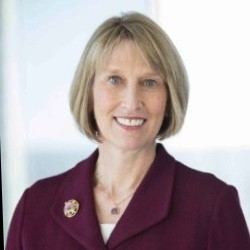
Senior Finance Advisor
GFANZ Secretariat
UNFCCC High-Level Champions
|
|
Riva Krut

IMAP Senior Research Fellow
Former VP and Chief Sustainability Officer,
Linde PLC
|
John Streur

President and CEO,
Calvert Research and Management
|
The IMAP strives to enhance collaboration between academic researchers and investment industry practitioners on topics of corporate environmental and social performance. We hope this event enables participants to meet new people and hear new perspectives that will inspire future work and collaborations.
Attendees will include
-
- Investment Industry professionals interested in carbon targets
- Corporate officers responsible for establishing and achieving carbon targets
- The IMAP’s Affiliated Faculty
This event is free of charge, and invite-only. To request an invitation, please contact the IMAP’s Executive Director Susan Murphy.
We hope to make this an annual event, with a new theme for the workshop portion each year, while always exposing the audience to the breadth of research projects associated with the IMAP currently underway. For more information about our projects, visit bu.edu/imap/research/projects.
We hope to see you there!












